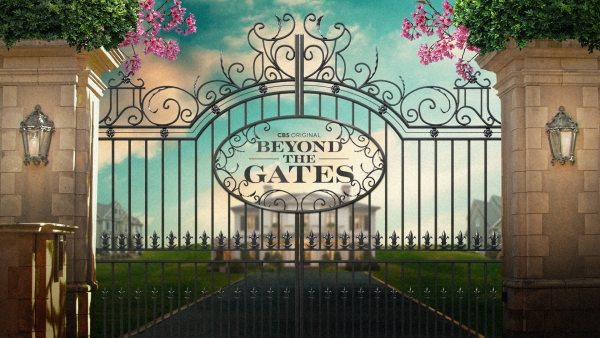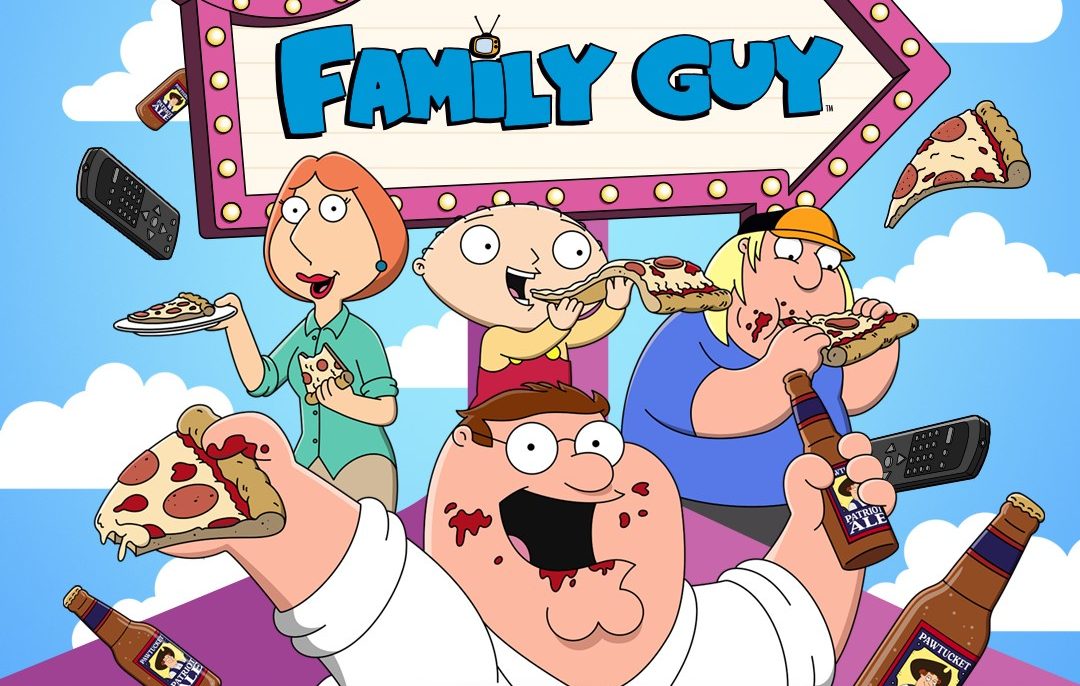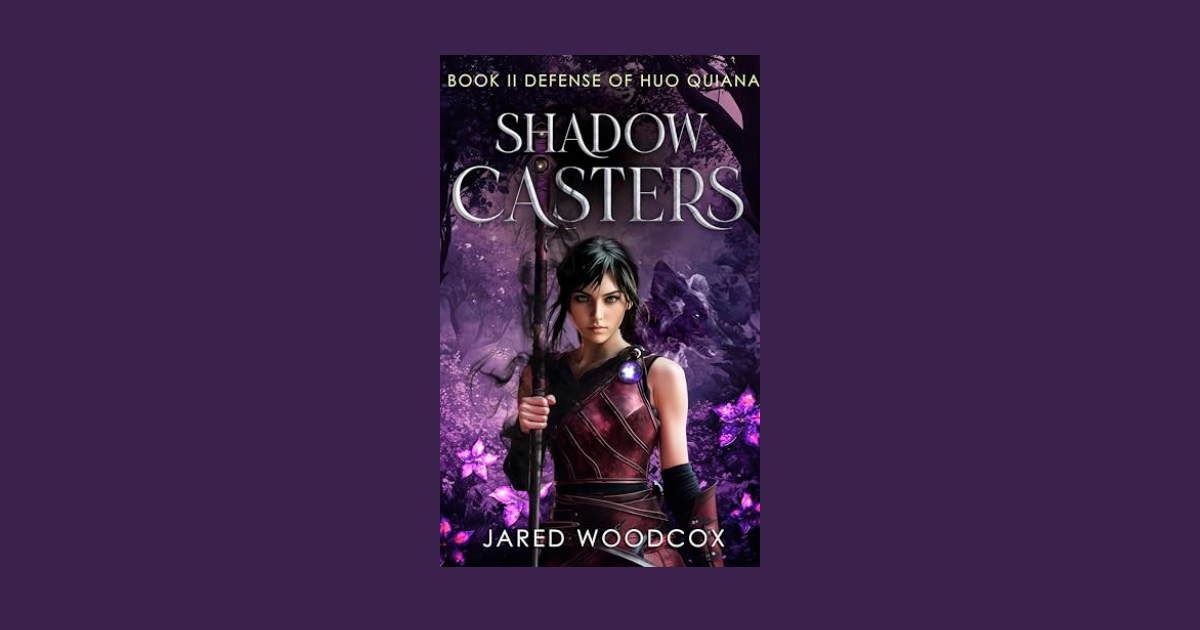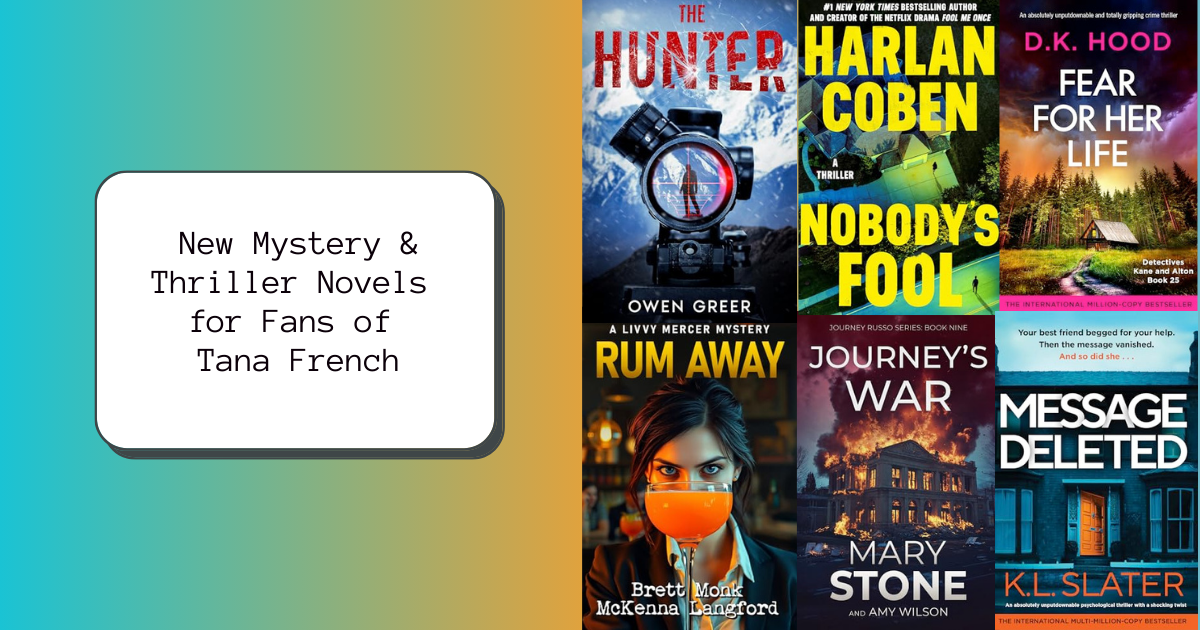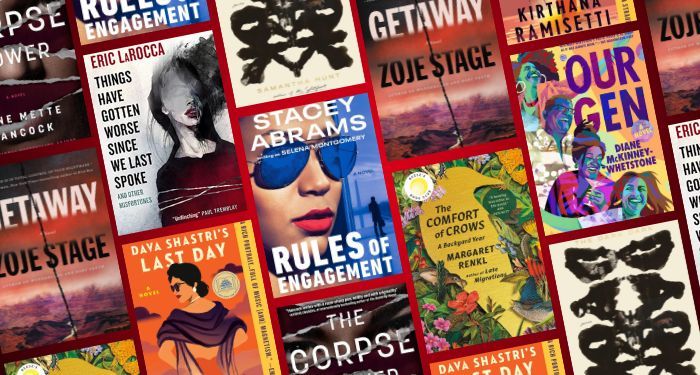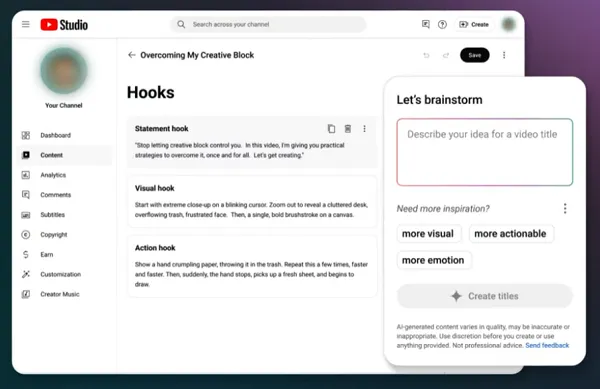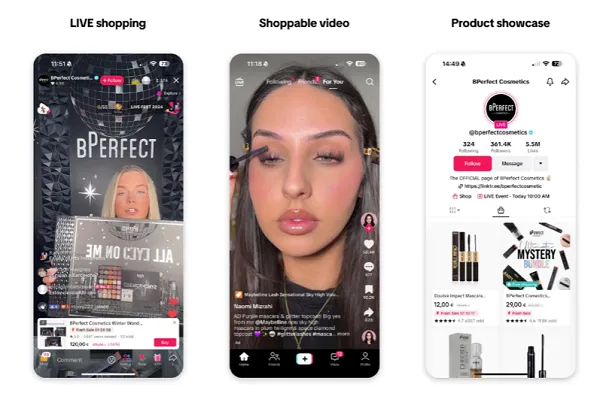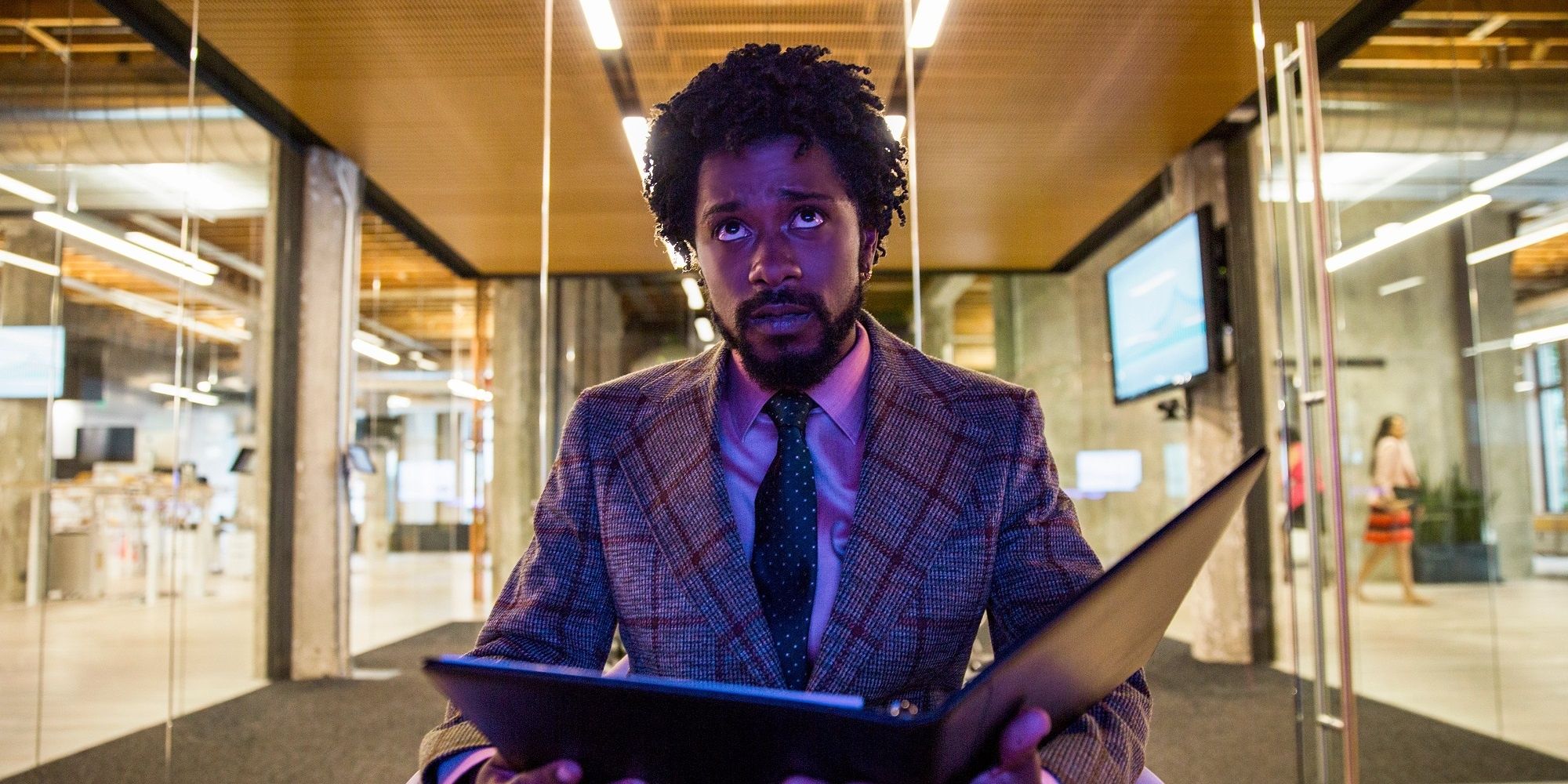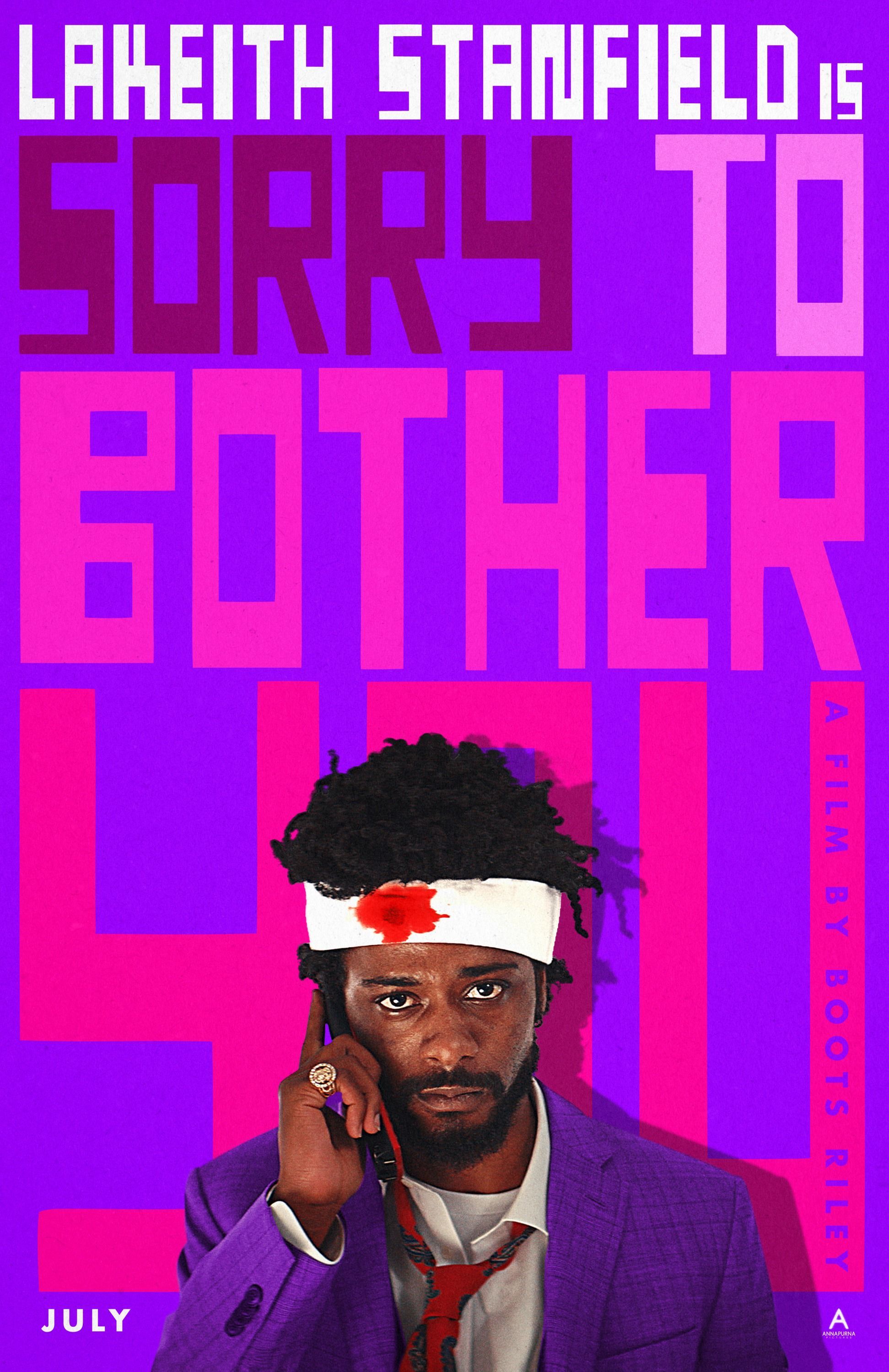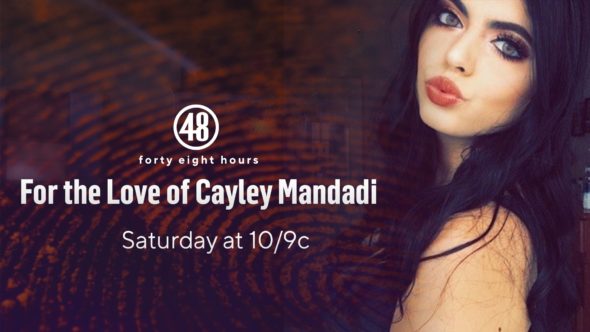Rarely does a movie feel so otherworldly and yet so grounded, but that is a feat pulled off by Sorry to Bother You. The absurdist dark comedy critiques capitalism in the most surrealist manner. Directed by Boots Riley, it remains one of the stand-out debuts of the 2010s due to its unique tone and bold storytelling. It seamlessly blends the familiar mundanity of capitalism with artificially dystopian norms and values. Through this, it manages to create biting satire and ask ethical questions of its audience. Even the title offers two separate readings, one relating to the call center setting and the other centering on Riley’s feeling of being an inconvenience when you tell someone “something different from how you view the world.” It was underappreciated upon its initial release, but it is finally available for a new wave of viewers on Hulu.
What is ‘Sorry to Bother You’ About?
Sorry to Bother You creates a dystopian version of the US, following Cassius Riley (LaKeith Stanfield) who works at a call center. His older, more experienced co-worker (Danny Glover) suggests Cassius should use his “white voice” in order to make himself appear more affluent and merry to appeal to customers. Once he adopts the technique, he finds it helps him advance his career rapidly. However, with each step on the career ladder, he finds himself having to assimilate more and more to keep his position, which causes rifts in his personal life — most notably with his girlfriend, Detroit (Tessa Thompson).
The movie simultaneously has a nonchalant, whimsical tone yet takes itself extremely seriously at the same time. It’s as if the movie knows what it is showing you is absurd, so it chooses to play it completely straight, which forces the audience to question everything we are seeing. These characters are literally changing their voices to avoid discrimination, so you are almost waiting for the movie to acknowledge the lunacy of that. Instead, the characters within the office seem to just accept that it’s just the way things are; it is only towards the latter half of the movie that the need for change is acknowledged.
The point is exaggerated further by having different actors perform the “white voices” just to enhance the contrast, and these are purposefully slightly off-time with the lip movements. As an audience, you know it is wrong, and yet the lighthearted nature of it lures you into a sense of comfort because it feels like you are in on the joke. You ignore the criticism for a moment as you laugh at the ridiculousness, and then, suddenly, you’re reminded that these characters are being forced to fundamentally alter themselves to be accepted.
‘Sorry to Bother You’ Pushes the Limits of Audience Expectation
Boots Riley’s style is most effective when his audience begins to settle and feel comfortable. He picks the perfect moment when you think it can’t get any more bizarre and throws in something completely left field. This whiplash is what makes Sorry to Bother You so enthralling. To reveal intricate details of these visuals would take away from the viewing experience — they work because of their unexpectedness. Yet, it doesn’t matter how bizarre the images get, they are still symbolically recognizable. Without this nuance, the absurdism would fall flat.
Sorry to Bother You is filled with vibrant images, and as Cassius’ status improves, his environment becomes more visually detailed and bright. The telecommunications office is plain, with characters dressed in mundane office attire. A lot of the line delivery is purposefully monotone and curt. As the movie progresses, the costuming gets more meticulous and theatrical, with the lighting becoming more colorful and flooded with neon tones. Riley uses the exterior of the characters to immerse the viewer as well as show just how far he can push the cinematography.
Sorry to Bother You will evoke a different reaction from every viewer; some will find it hysterical, others deeply disturbing. Regardless of personal response, it remains one of the most thematically dense and unapologetic movies of recent memory and one that deserves a spot on your watchlist.
Sorry To Bother You is now available to stream on Hulu.












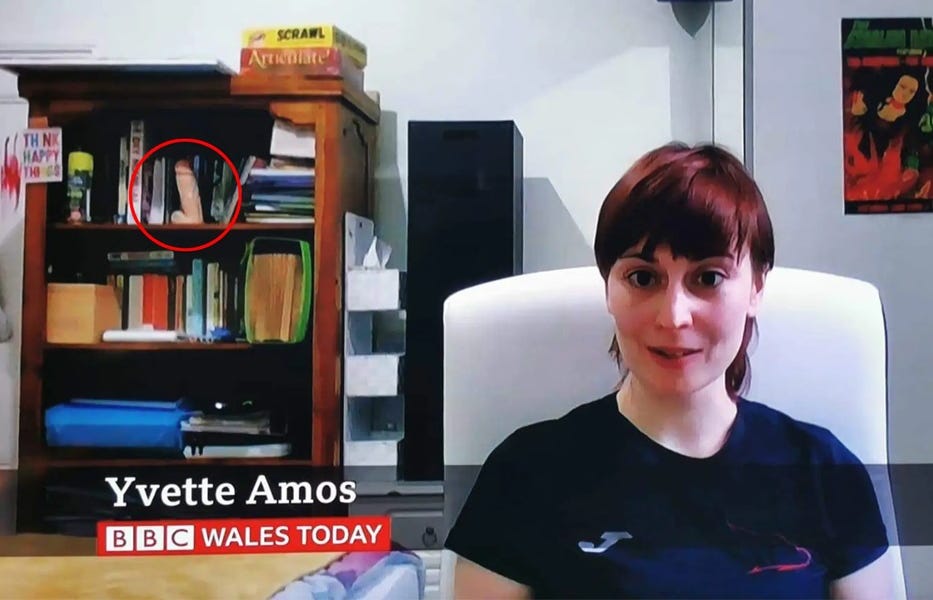


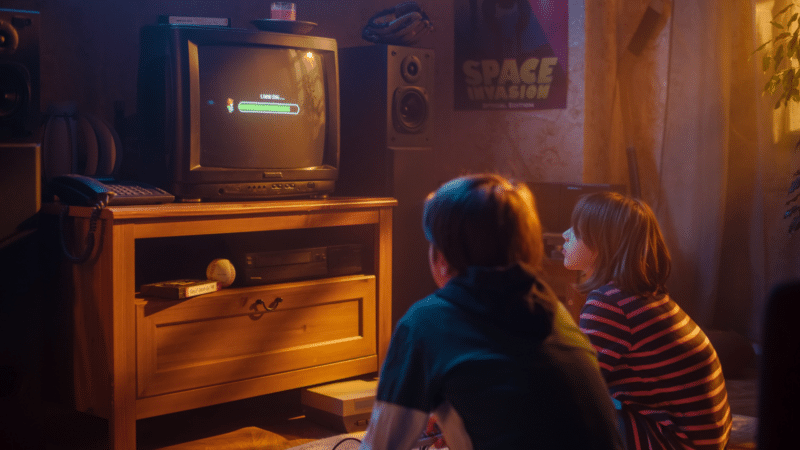









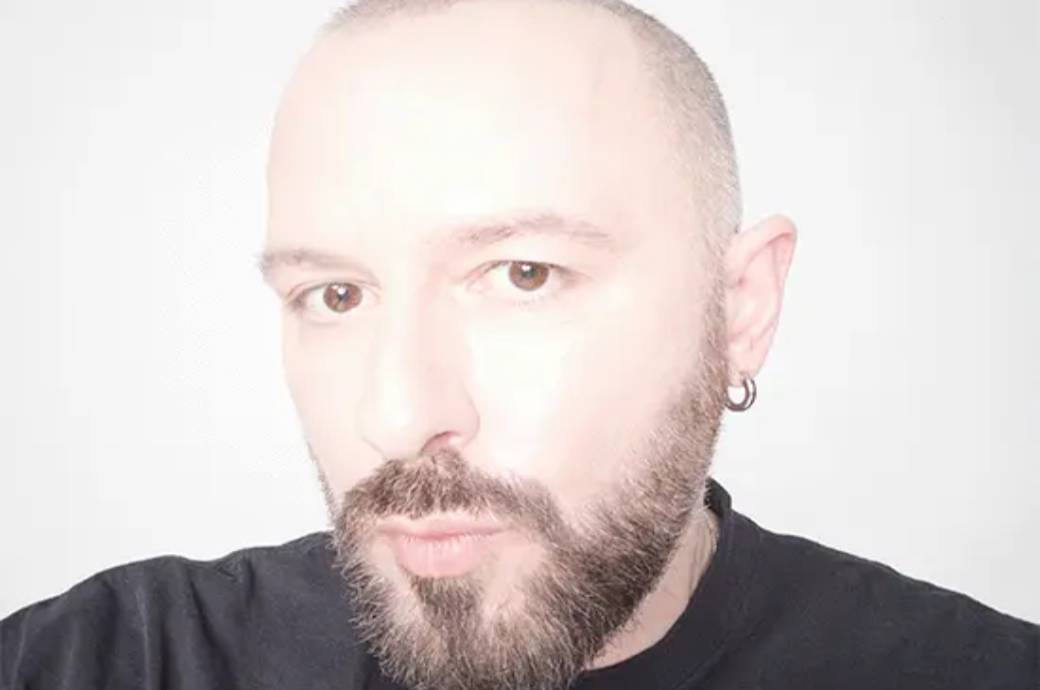
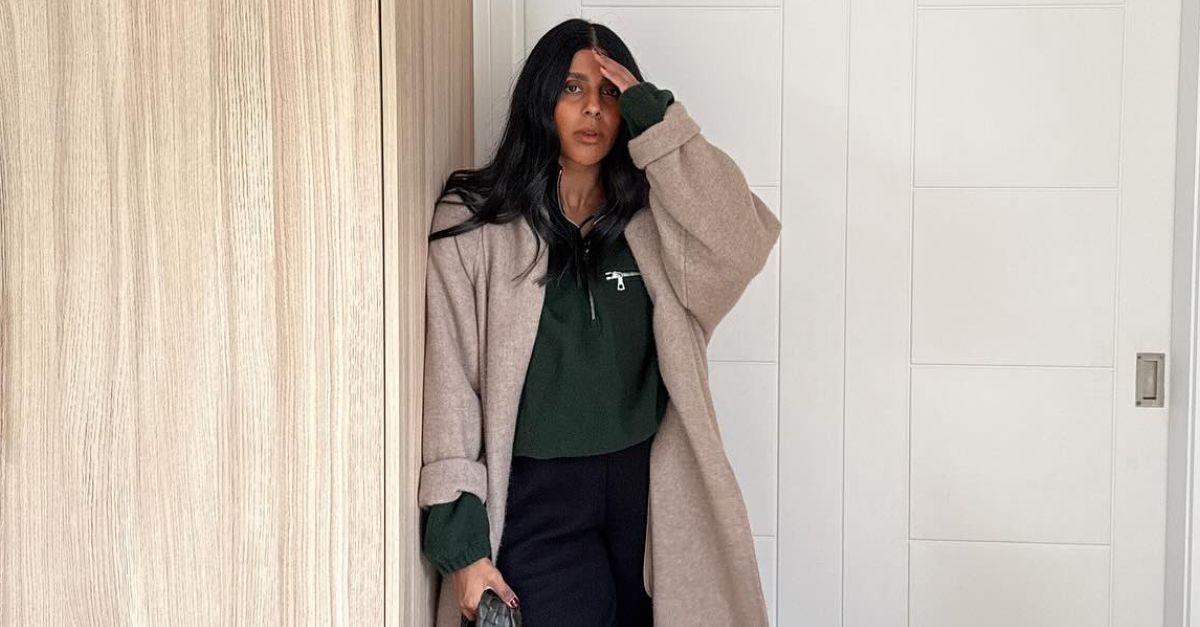
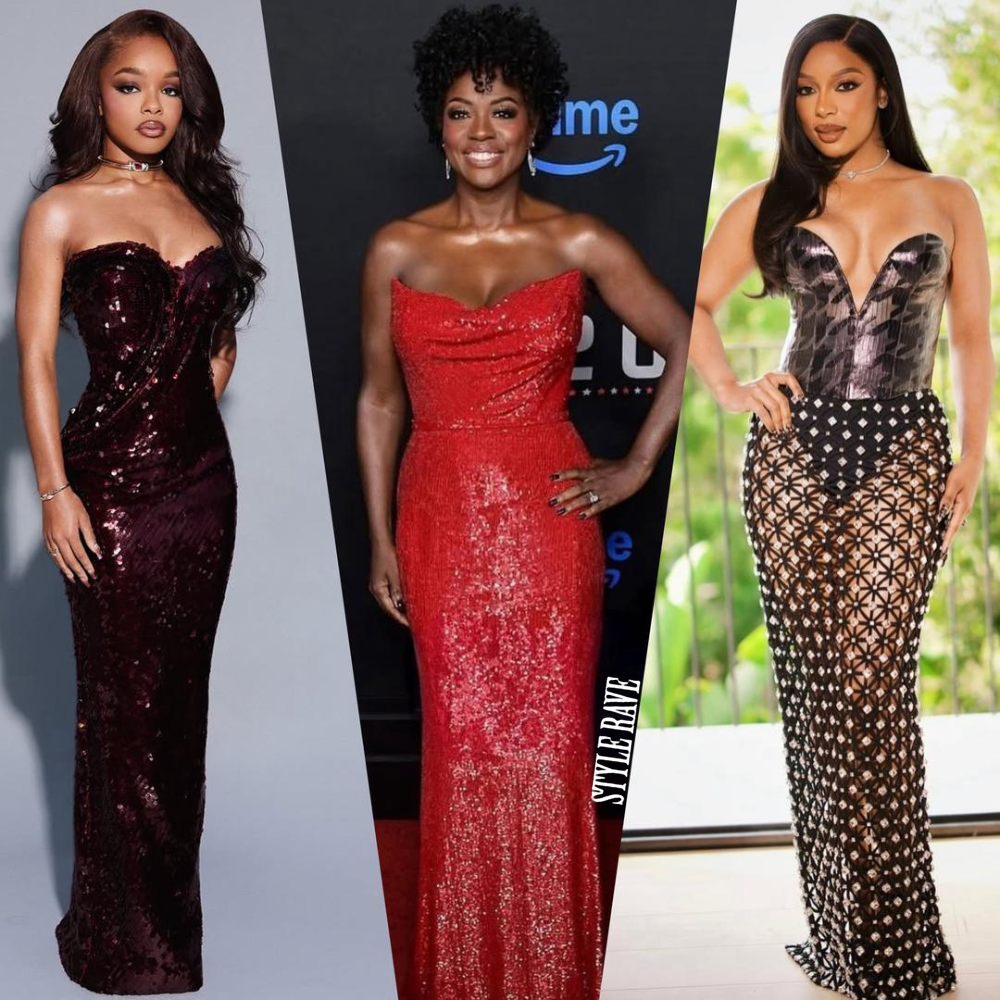
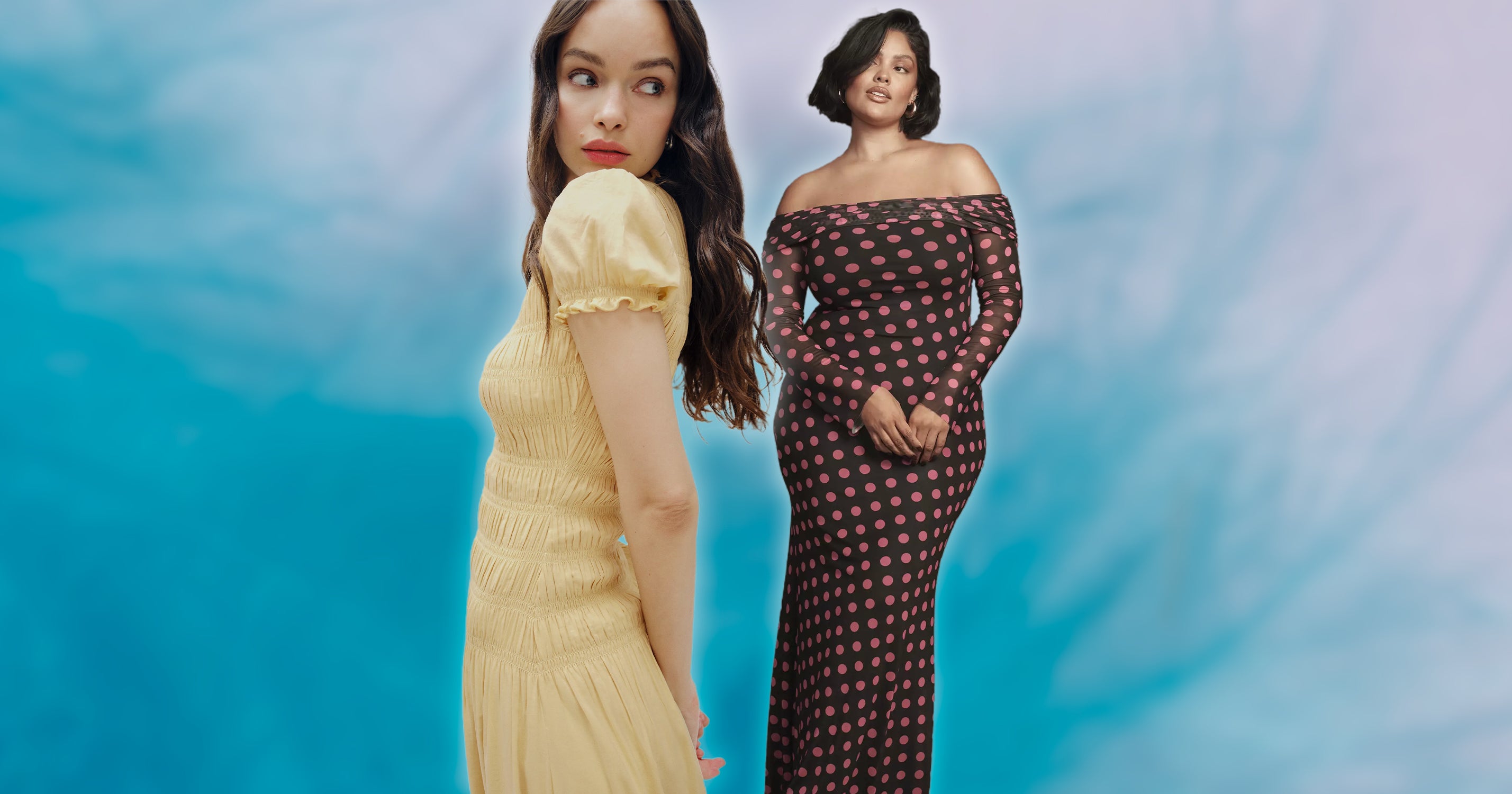

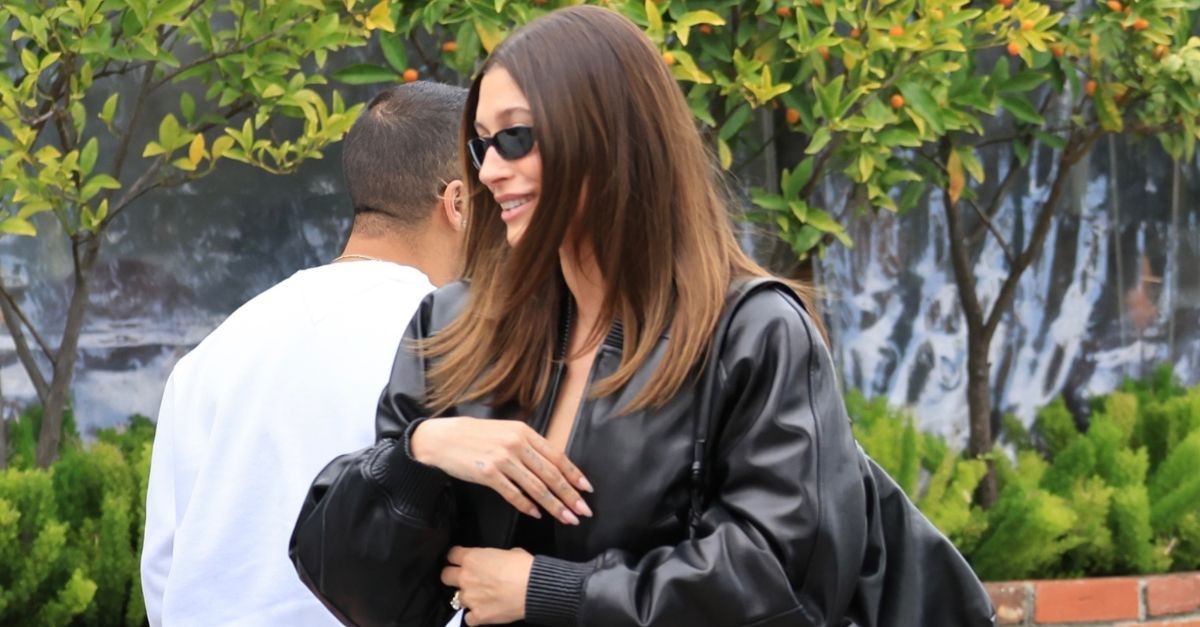






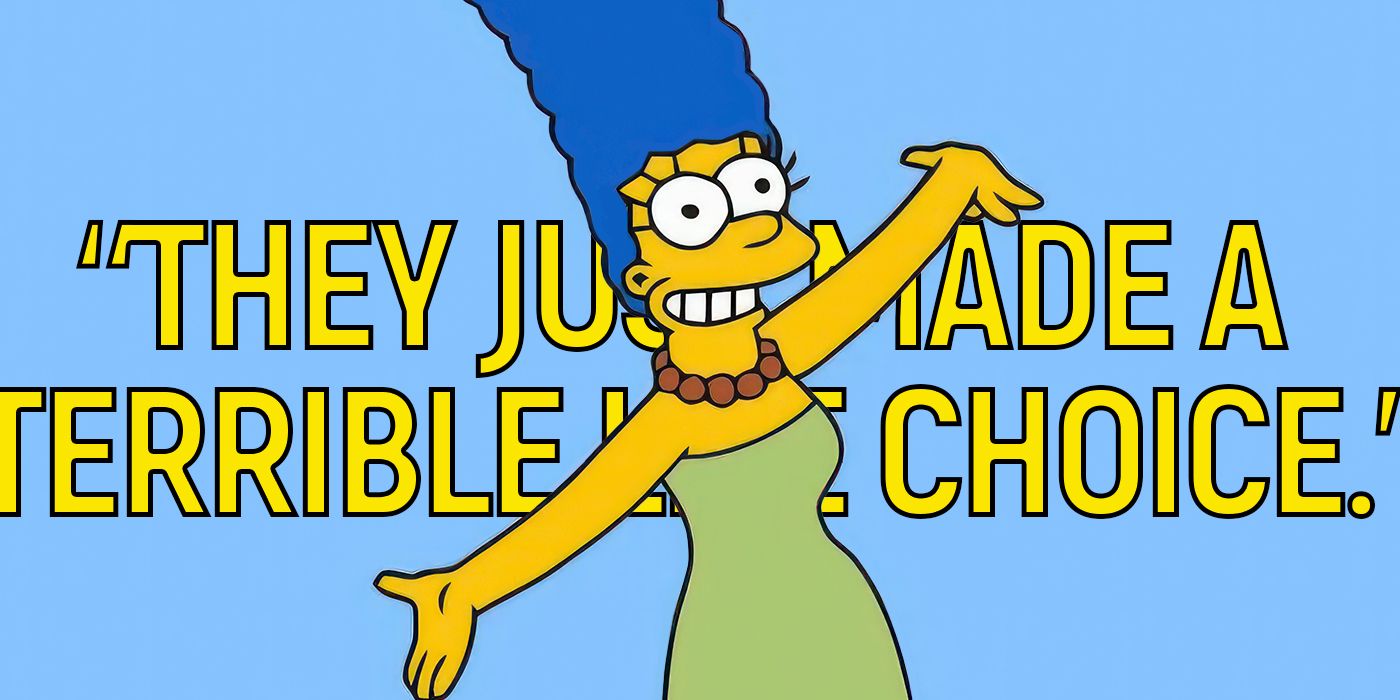


![Spider-Man Is Back in Black With the Green Goblin in New Funko Pop! Figures [Exclusive] Spider-Man Is Back in Black With the Green Goblin in New Funko Pop! Figures [Exclusive]](https://static1.colliderimages.com/wordpress/wp-content/uploads/2025/03/spider-man-the-animated-series-green-goblin.jpg)


